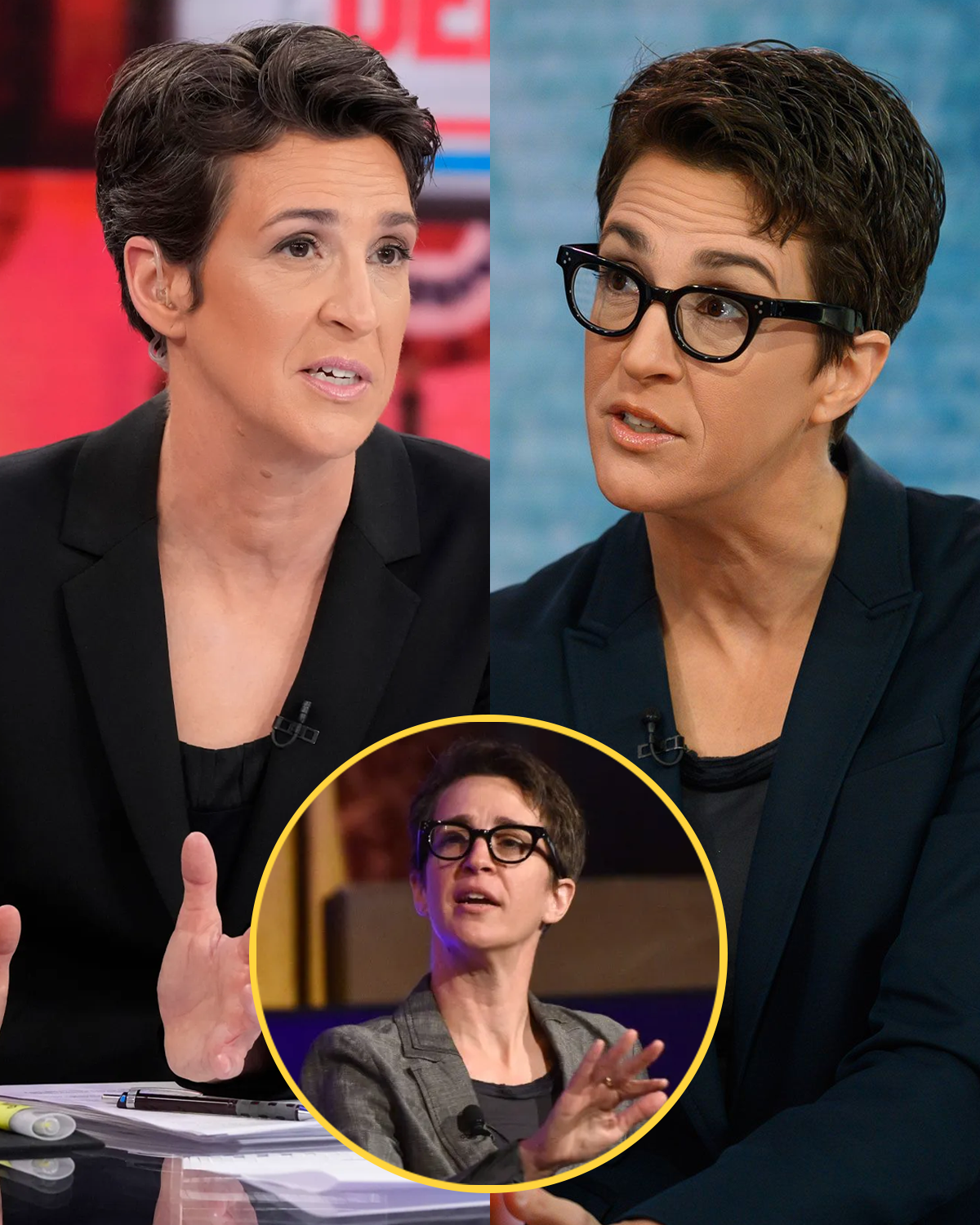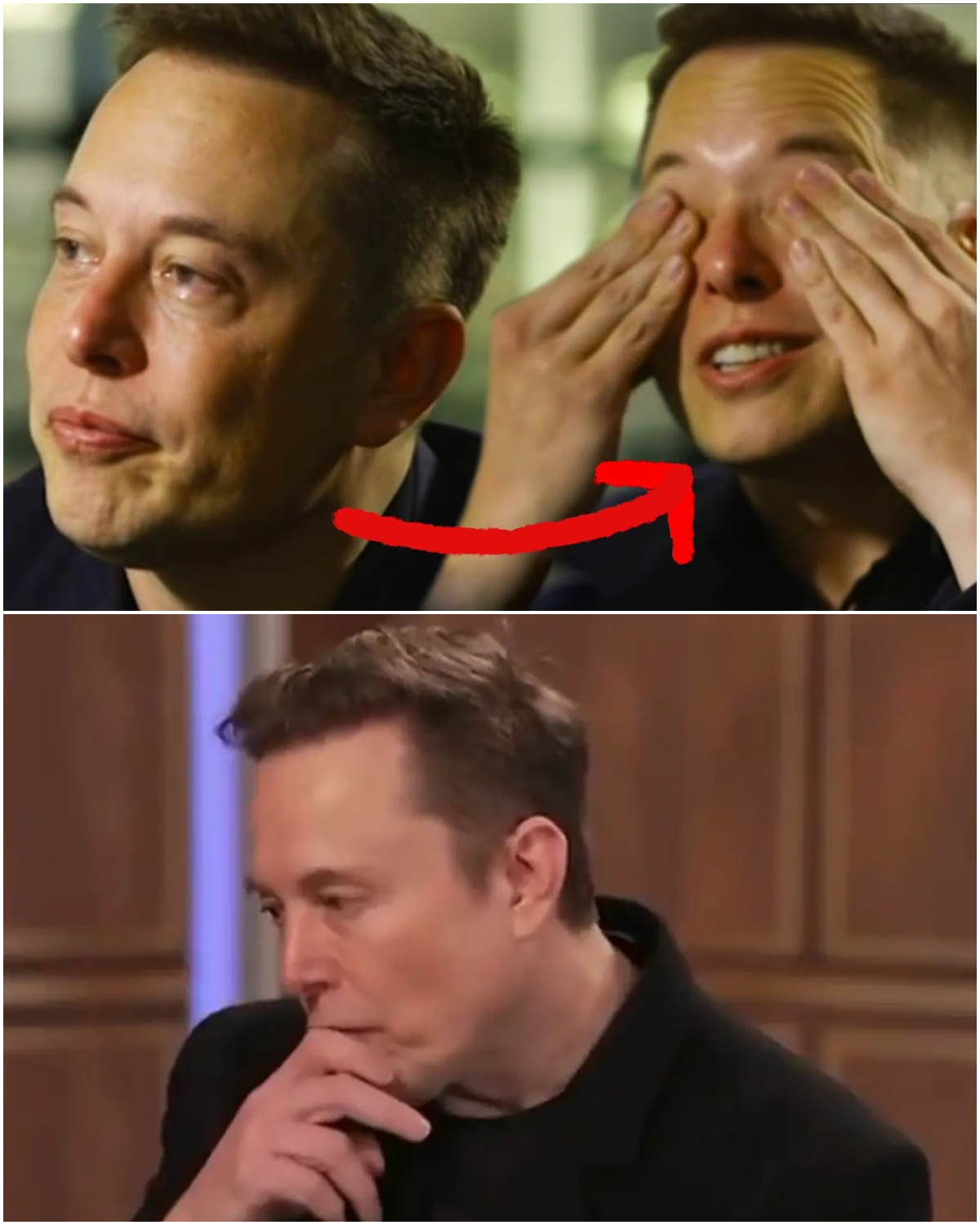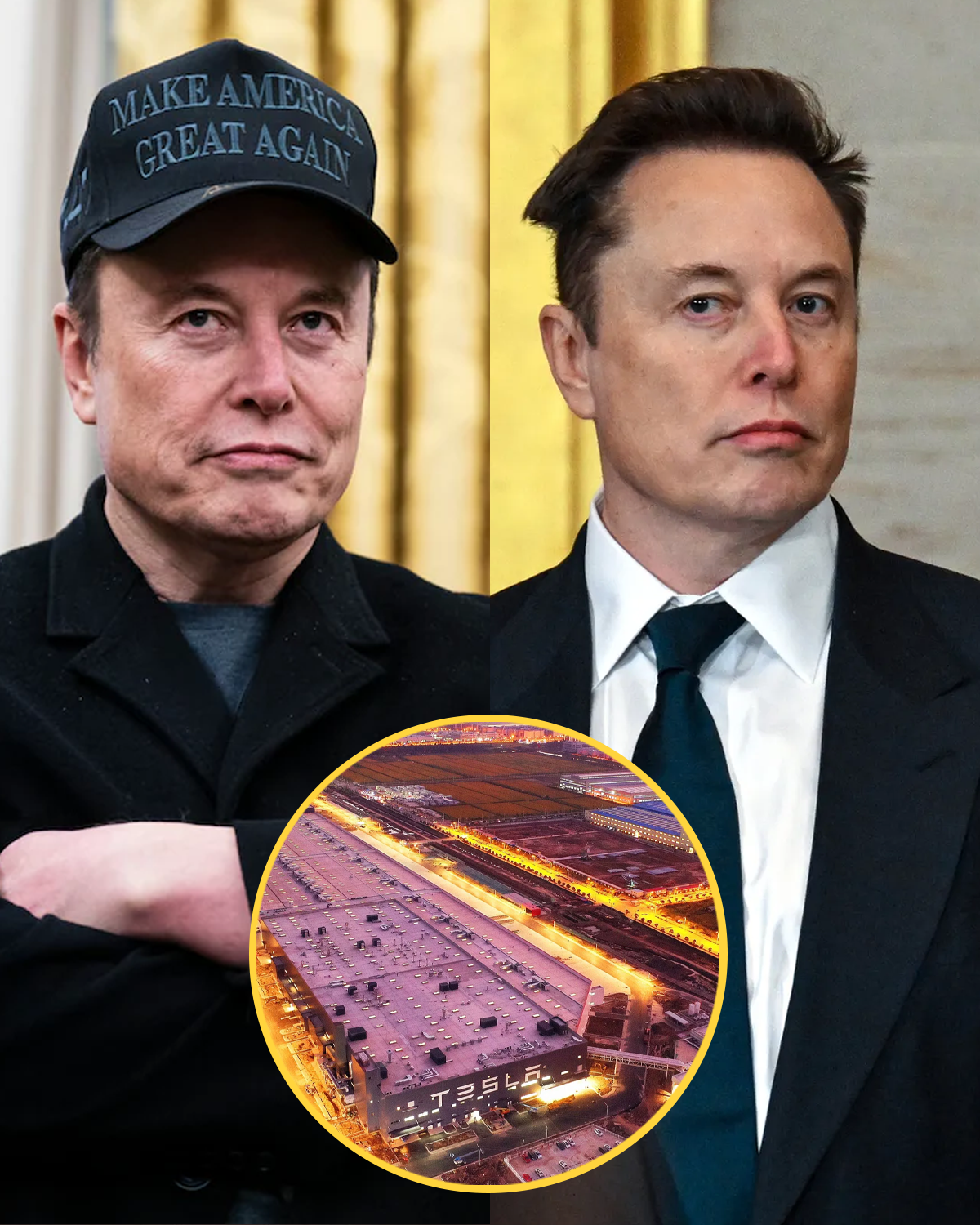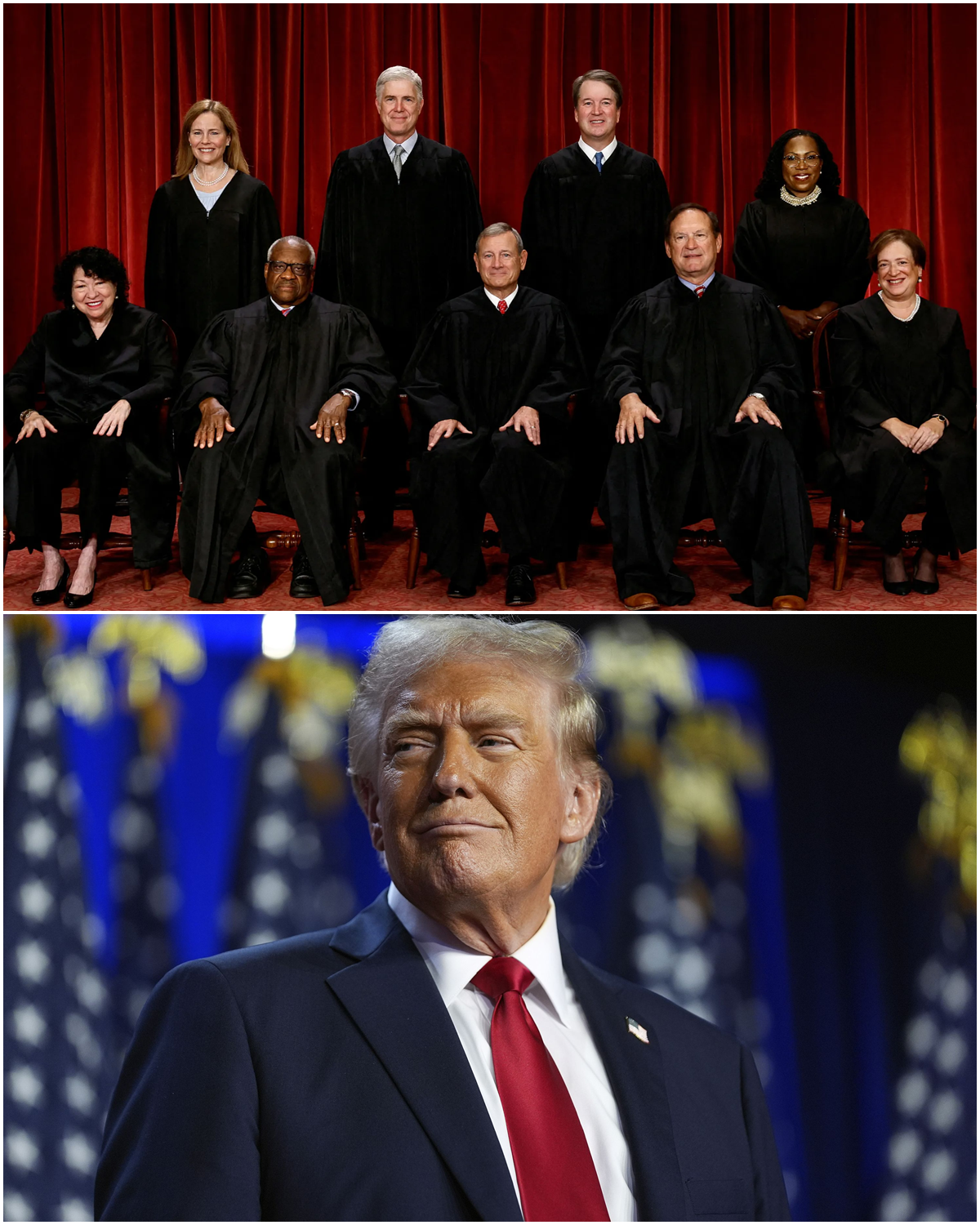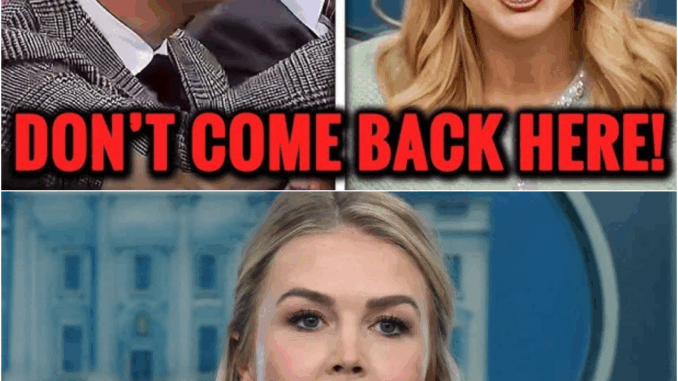
Press Secretary Karoline Leavitt rebutted accusations that President Trump’s tariff policy was a tax hike during a contentious White House briefing. The president’s position on taxes and tariffs was the main topic of the press conference. Leavitt firmly maintained that the tariffs were, in reality, tax breaks for the American people. Leavitt’s vehement defense demonstrates the administration’s dedication to its economic vision, while the conflict highlights the administration’s continuous attempts to reshape the U.S. economy through trade policies.

An Associated Press query that questioned President Trump’s transition from campaigning for tax cuts to suggesting tariff increases kicked off the briefing. The journalist inquired as to why the president was giving tariffs precedence over the tax cuts he had previously supported. Leavitt swiftly dispelled the myth, claiming that tariffs were a necessary instrument to restore trade balance and shield American industries from foreign exploitation rather than tax increases.
“Dude, what are you discussing? Leavitt shot back, disputing the assertion, “He’s actually not implementing tax hikes.” “Tariffs are a tax increase on foreign nations that have been defrauding us once more.” Leavitt asserts that the president’s tariffs were intended to specifically target nations that had exploited the United States in trade agreements for many years. The president wanted to level the playing field and increase the competitiveness of the U.S. economy by enacting tariffs on foreign goods.
Leavitt underlined that the tariffs’ ultimate objective was to help American companies and workers by increasing wages and stimulating the economy. Reiterating that the president was fully committed to tax cuts for Americans, especially in areas like overtime pay, tips, and social security benefits, she contended that “taxes are a tax cut for the American people.”
Leavitt defended the administration’s position when asked whether tariffs were truly passed on to American consumers, with importers bearing the expense. Although she admitted that importers might incur higher expenses, she maintained that fair trade would have more long-term advantages than short-term ones. “In the end, when we have fair and balanced trade, which the American people have not experienced in decades, funds will remain here, wages will increase, and our nation will become prosperous once more,” Leavitt declared with assurance.
Her response demonstrated the administration’s commitment to enhancing American workers’ economic circumstances. The administration contended that the U.S. economy would eventually gain from better trade agreements and making sure other nations paid their fair share. Leavitt went on to criticize previous trade agreements that, in her opinion, had negatively impacted American workers and companies, especially in sectors like manufacturing.
As the conversation became more heated, Leavitt became offended by what she saw as an attempt to question her economic expertise. She responded angrily to the reporter’s line of inquiry, saying, “I think it’s insulting that you’re trying to test my knowledge of economics.” “The choices made by this president… I now regret asking the Associated Press a question.
Her response served as a sharp reminder that the Trump administration was unaffected by criticism from the media and remained steadfast in its economic policies. The administration’s broader strategy of countering narratives it considers to be false or misleading, especially when it comes to trade and economic policy, was reflected in the press secretary’s tone.
Leavitt’s vehement defense of tariffs is consistent with President Trump’s “America First” economic stance. Trump has continuously promoted policies that put American workers first during his presidency, such as renegotiating trade agreements that he believes have harmed the United States and putting tariffs on foreign goods. The administration insists that tariffs are an essential instrument to restore equilibrium in international trade, despite the fact that his strategy has drawn criticism from a number of quarters, including economists who contend that tariffs can increase consumer prices.
Leavitt’s comments at the briefing demonstrate the administration’s belief that, despite some short-term setbacks, its economic policies will ultimately benefit the American people. The long-term objective of the Trump administration is to lessen dependency on imports in order to build a more equitable and sustainable economy that benefits American workers and companies.
A fundamental component of the administration’s economic strategy is emphasized by Karoline Leavitt’s passionate defense of President Trump’s tariffs: that tariffs are not tax increases but rather an essential step toward more equitable and balanced trade. Leavitt’s answers demonstrate the administration’s dedication to policies that put American workers and industries first, even though the strategy has generated controversy, especially regarding its possible effects on American consumers.
It’s evident that the administration’s economic policies continue to be a major source of contention as President Trump pushes for trade reforms and tariffs. Leavitt’s vehement defense, however, highlights the administration’s determination to pursue its goal of a revived American economy. It is unclear if these policies will ultimately be successful or fail, but the discussion surrounding trade and tariffs will surely continue to influence the political and economic climate in the years to come.

